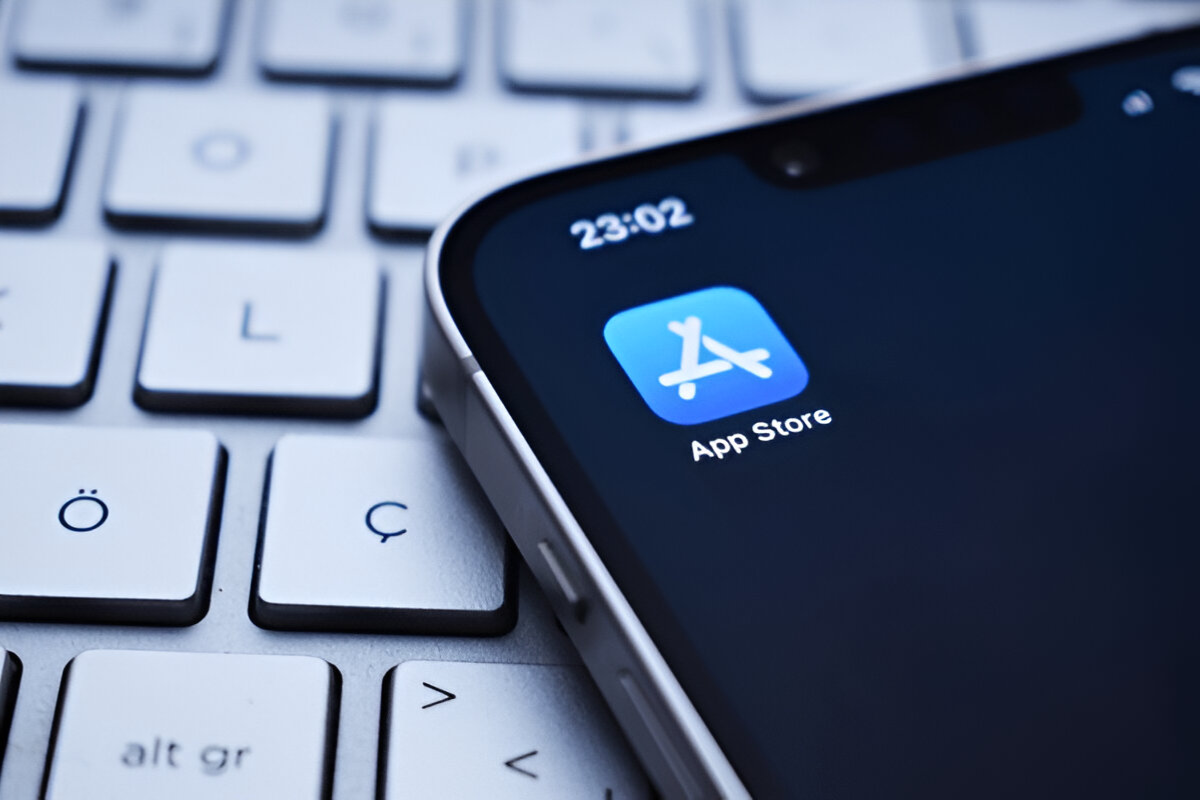
Fortnite’s Return to iPhone Could Trigger a Global App Store Shake-Up
by Amiya Nandy in News, Technology on May 1, 2025After four years of lawsuits, sealed chambers, and standoffs between corporate giants, Fortnite is coming back to the iPhone — and now there’s more to it than just the game. A recent court decision at the federal level could be the pivotal point that has caused App Store of Apple, the developer-platform ecosystem, to transform dramatically in the future.
The great success of the game has been revived again, followed by the fearless official rose the bar ruling against Apple. The judge Yvonne Gonzalez Rogers decided that Apple was not in compliance with a prior court order by imposing a ban on developers from guiding the users through their apps to any payment systems outside — a decision that the court now considers to be illegal.
And the consequence of the verdict? Apple, according to experts, should permit the sharing of third-party payment links by the developers without any restrictions of any kind, no negative comments about the payment links among their users instead of commission. This development is believed to be a game-changer in the way apps are run on iOS platforms.
A Win for Fortnite, a Bigger Win for Developers
At the core of this resolution comes a lot more than the re-introduction of a popular game onto the mobile … it’s a new ground of understanding that could risk the destruction of the infrastructure of Apple’s App Store business model.
With the court ruling, Apple is unable to impose a charge of 27% on payments made through external links, or to determine how the developers put those links in their apps. This ruling directly hits Apple’s commission structure, which historically has ranged from 15% to 30%.
The implementation of the decision by the judge is more than just the win of Epic Games CEO Tim Sweeney. In a message on Twitter, he wrote that if Apple is to follow this “no fees and no Apple tax” policy everywhere, without any hindrance or dragging of their feet, Epic Games will drop all legal action and make Fortnite available for iOS to everyone.
What Happens Next: Apple’s Reluctance, Global Pressure
It was disclosed by the corporation that they are only willing to follow for the time being. The company made it clear that they are in “strong disagreement” with the court ruling and are aiming to file an appeal, as it has been reported in a statement. Nonetheless, the court reminded that “Time is of the essence.” Any more delays could cause the fines to be increased or what is more contempt charges and also Judge Rogers indicated the misbehavior of Apple to the U.S. Attorney’s Office for finding out if it is true.
This episode could have far-reaching implications beyond the U.S. The EU, South Korea, and Japan are the major regulators who would be greatly concerned. They are very proactive and some legislations are already on the table that would give them the power to implement open-market rules concerning app platforms; this U.S. experience could just be a very helpful stimulus.
What This Means for Users
The ordinary iPhone user is most likely to be affected by the new regulation when it comes to the cost of things and the options for making payments. Now, developers are allowed to provide subscriptions, in-game items, and purchases via external links to which, probably, Apple’s 30% commission doesn’t apply and users can avail of the huge savings directly.
That’s a matter of time, though; the potential for discounted in-app purchases, unique packs, and even customer reward programs with external sites is not a mere wish as it is now not only real but also legal.
Applied to Fortnite, this situation may facilitate the creation of a completely new in-game store that can be reached through mobile devices and which could provide the users with even better offers than those granted through the iOS platform.
A Turning Point for the Mobile Economy?
Even though the App Store continues to have absolute power, this moment is certainly a signal that times are changing and now developers, regulators, and consumers are saying no to high platform fees and walled gardens, too.
Fortnite is a game that is leading the way in this new era where mobile apps do not depend entirely on Apple’s control to grow, and for the first time in many years, Apple is going to have to stick to new regulations—perhaps not willingly.
To sum up: The return of Fortnite to iOS is not only a game but a sign of the fact that the App Store is becoming porous. The next phase might actually set the trend for apps, creators, and the platforms that can survive in the mobile world.





